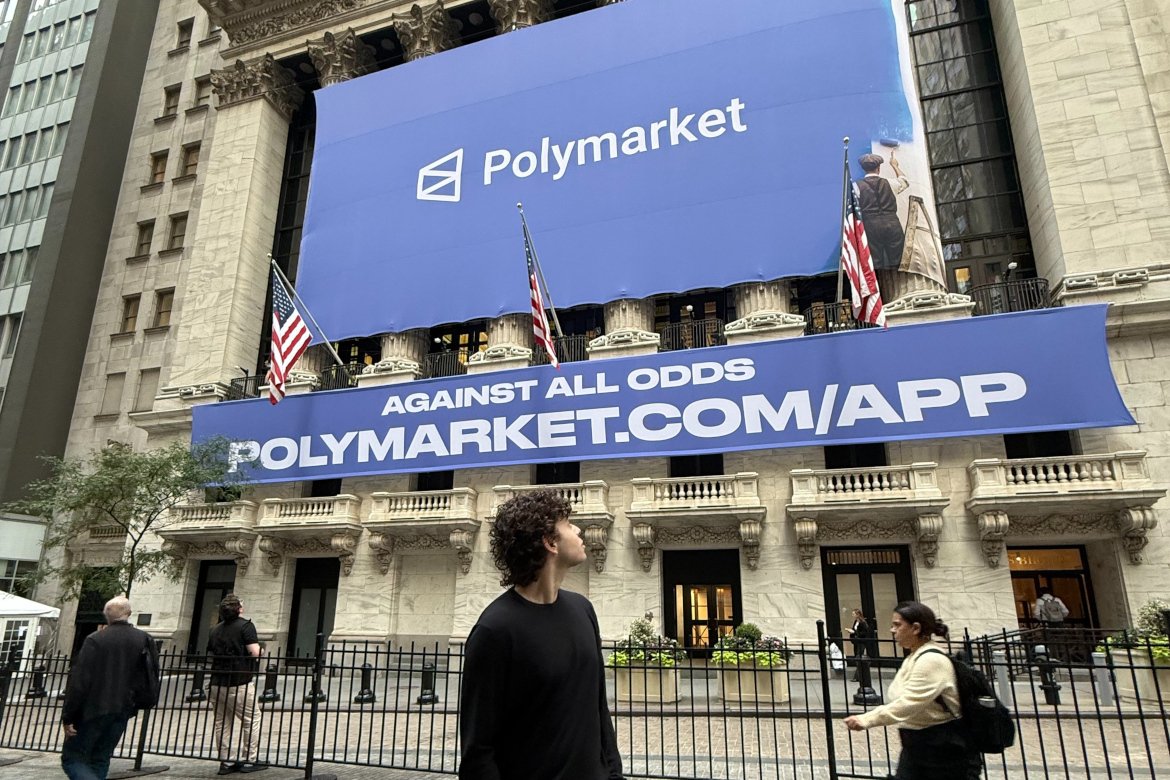
Shayne Coplan, founder and CEO of the blockchain prediction market Polymarket, has become the youngest self-made billionaire following a $2 billion investment by Intercontinental Exchange (ICE), parent of the New York Stock Exchange. The deal values Polymarket at roughly $8 billion before the investment.
The American Dream pic.twitter.com/s3rll2fZRn
— Shayne Coplan 🦅 (@shayne_coplan) October 8, 2025
Coplan, now 27, launched Polymarket in 2020 after leaving New York University. He worked early hours from modest settings, often describing his first office as a bathroom setup in his apartment.
How Coplan Rose to the Billionaire Club
ICE’s investment was delivered in cash and gives it a meaningful stake in Polymarket, while signaling institutional validation for the prediction market space. This backing elevated Coplan’s net worth to billionaire status, making him the youngest self-made individual on prominent billionaire lists.
Markets on everything.
We’re proud to announce that $ICE, the owner of @NYSE and the largest exchange company in the world, is making a strategic investment of $2 billion into Polymarket, valuing us at $9 billion post-money.
Our partnership with ICE marks a major step in… pic.twitter.com/oShaglRx9p
— Shayne Coplan 🦅 (@shayne_coplan) October 7, 2025
The platform’s trajectory is remarkable: Polymarket was banned from serving U.S. users in 2022 after a regulatory settlement with the U.S. Commodity Futures Trading Commission. That deal included a $1.4 million penalty and required withdrawal of U.S. access due to operating as an unregistered derivatives platform.
Weeks after the 2024 U.S. election, Coplan’s apartment was searched by the FBI amid scrutiny over the platform’s operations, though authorities later ended investigations without charges. In mid-2025, Polymarket acquired QCEX, a CFTC-licensed exchange and clearinghouse, allowing it to reenter U.S. markets legally. With this regulatory path cleared, the ICE investment strengthens its institutional positioning.
Coplan has often cited economist Robin Hanson’s work on prediction markets as a guiding inspiration. He described his early days as “having nothing to lose,” betting on a future where prediction markets help discern collective outcomes.
Implications, Risks & What’s Next
ICE’s move signals that prediction markets are shifting toward legitimacy, backed by major financial institutions. Polymarket now has both the capital and regulatory framework to expand in U.S. markets — a longstanding challenge it previously couldn’t overcome.
For Coplan personally, the jump to billionaire status consolidates his role as a leading figure in crypto-fintech circles. The milestone could also attract additional institutional interest and partnerships in sectors like political risk, financial derivatives, and sentiment analytics.
However, numerous risks remain. The new valuation assumes Polymarket will scale successfully in U.S. markets without regulatory pushback. The success of its integration with licensed exchanges and continued compliance will be critical. Any renewed regulatory scrutiny or unfavorable policy changes could reverse momentum.
Technologically, scaling infrastructure to support higher transaction volume — especially during major event cycles — will strain system resilience. Also, platform credibility will hinge on fair design and trust, especially as stakes grow.
As previously covered, the evolution of disruptive crypto models often depends on marrying innovation with regulatory legitimacy. This investment might mark the moment prediction markets move from fringe experiments into financial infrastructure.




